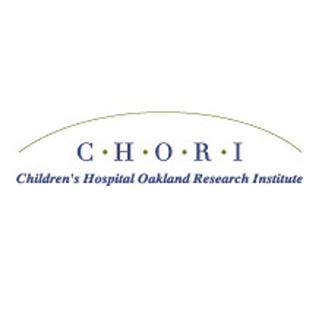
This result apparently comes from Associate Staff Scientist, Joyce McCann, PhD, and Senior Scientist, Bruce Ames, PhD, who examined the information from hundreds of published articles dating back to the 1970’s. Their review was supposedly planned in such as way, so as to test Dr. Ames’ ‘triage’ theory that could offer a fresh foundation for determining the optimum intake of individual vitamins and minerals which are also known as micronutrients, and may have chief connotations for preventive medicine.
To explain several observations from this lab and the scientific literature, Dr.Ames apparently proposed the triage theory in 2006. This theory gives details as to why diseases which may be linked with aging like cancer, heart disease, and dementia may not have deliberate results of mechanisms which could be developed during evolution to shield against episodic vitamin/mineral shortages.
The triage theory may have extensive repercussions for public health as modest vitamin/mineral deficiencies are supposedly rather common. The theory may also propose a new scientifically based and dependable strategy for establishing optimal vitamin/mineral intake standards, and it could offer a research strategy to expose early biomarkers of chronic disease.
Vitamin K is called as the ‘Koagulation’ vitamin since about half of the 16 known proteins that depend on vitK could be essential for blood coagulation. The other vitK-dependent proteins may be caught up in a variety of different functions, which could incorporate the skeletal, arterial, and immune systems.
In the United States and the United Kingdom, the average intake of vitamin K are believed to be less then even presently recommended intakes, which could be principally based on levels to supposedly ensure sufficient coagulation. The analysis of McCann and Ames apparently support the recommendations by some researchers that non-clotting functions needing vitamin K could require higher intakes than which are at present recommended.
McCann commented, “Encouraging support for the triage theory from our vitamin K analysis suggests that experts aiming to set micronutrient intake recommendations for optimal function and scientists seeking mechanistic triggers leading to diseases of aging may find it productive to focus on micronutrient-dependent functions that have escaped evolutionary protection from deficiency.”
The reviewer of the manuscript mentioned, “This review provides a unique perspective of consequences of vitamin K insufficiency and may serve as an important future reference, as new vitamin K dependent proteins are identified and new (non-clotting) functions of vitamin K are elucidated. More broadly, an assessment of micronutrient sufficiency from the perspective of triage theory may provide a valuable point of view, as current recommendations for nutrient intakes are reconsidered.”
This vitamin K analysis is said to be the first in a sequence of literature-based researches which was supposedly conducted by Drs. Joyce McCann and Ames to apparently check the basic premises of the triage theory.
This analysis will be published in the American Journal of Clinical Nutrition.
